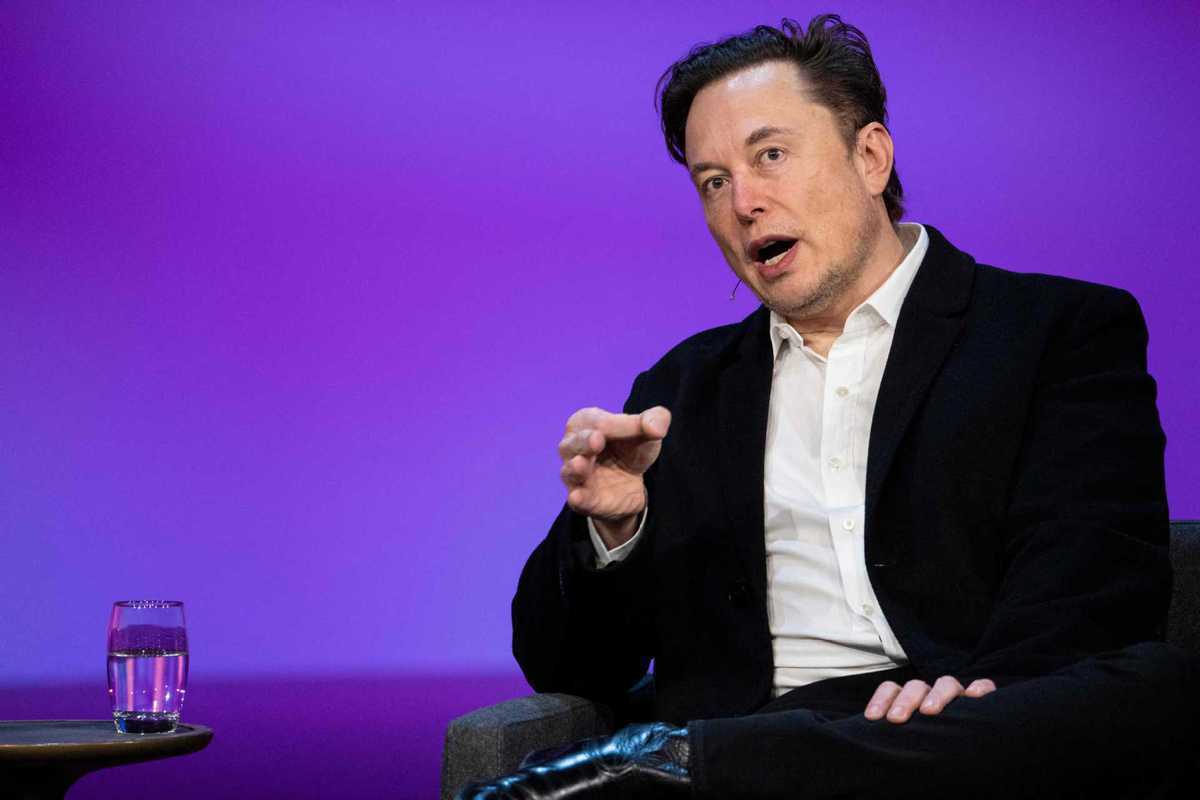Musk knows US interests better than politicians


In an interview with the Financial Times, Elon Musk expressed concern at the danger of a military conflict in the Taiwan Straits, and recommended "a special administrative zone for Taiwan".
That prompted Qin Gang, China's ambassador to the US, to applaud him on Twitter. A peaceful reunification of China is of essence not only to the 1.4 billion people on the Chinese mainland, but also to the 23 million residents in Taiwan. It means they can finally enjoy a peaceful reunion with the Chinese nation.
But the biggest threat to peace in the Taiwan Straits comes from the other side of the Pacific. From the United States, or, specifically, from those politicians who dream of preventing the Chinese mainland's peaceful reunion with the island.
Among them is Nancy Pelosi, the US House of Representatives speaker who insisted on visiting Taiwan despite opposition from both China and the US. Then there's Mike Pompeo, who, despite no longer being secretary of state, continues to point a finger at China's internal policy.
There are also other US politicians who are busy blaming Beijing and supporting certain secessionists in Taiwan with the dream of preventing China's peaceful reunification.
While they won't succeed, they will risk bringing their own country into conflict with China, which should instead have been their country's friend.
Fortunately, Musk, a businessman, knows that the common interests of China and the US lie in peace and prosperity, and that seeking trouble for China on the Taiwan question will only hurt the US' interests and harm its businesses. What the US needs to do is support China's reunification, and not the secessionists.
Of course, the final reunification of China will not necessarily follow Musk's "recommendation".
Whatever China decides, that won't alter the fact that there is only one China.
































